Iris Transplanting
flynnmy
10 years ago
Related Stories
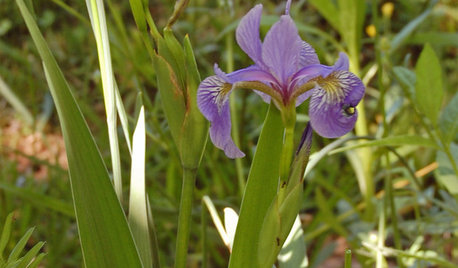
GARDENING GUIDESGreat Design Plant: Iris Versicolor
A versatile native iris for bridging wet and dry gardens
Full Story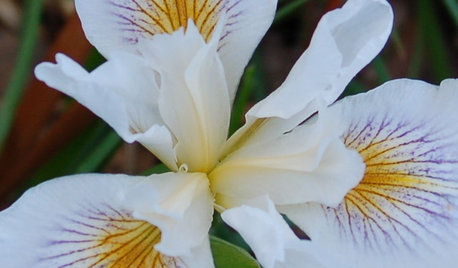
GARDENING AND LANDSCAPINGGreat Design Plant: Pacific Coast Iris
Plant this West Coast native for stunning, intricate blooms from January through May
Full Story
GARDENING GUIDESGreat Design Plant: Chrysogonum Virginianum
This tough ground cover brightens partly shady Eastern gardens with a carpet of golden flowers in midspring
Full Story
FALL GARDENINGWhy Fall Is the Best Time for Planting
Spring is overrated for planting. Starting plants in autumn has advantages for both garden and gardener
Full Story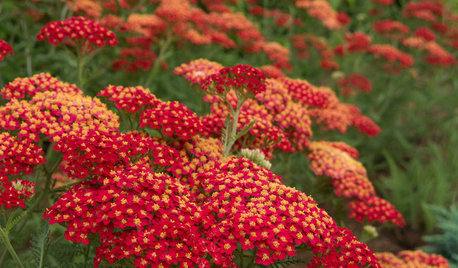
GARDENING GUIDESTop 12 Summer-Blooming Perennials for Deer-Resistant Drama
Can you have garden color, fragrance and exciting foliage with hungry deer afoot? These beauties say yes
Full Story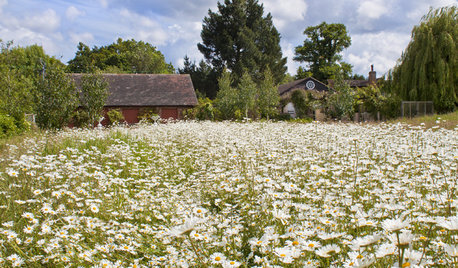
GARDENING GUIDESHouzz Call: What’s Your Favorite Backyard Beauty?
The simple, honest daisy is this writer’s go-to garden flower. We want to hear which plant, flowering or otherwise, gives you special joy
Full Story
PLANTING IDEASFerns: A Shade Gardener’s Best Friend
Bring rich texture and contrast to a dark woodland landscape with wonderfully diverse ferns
Full Story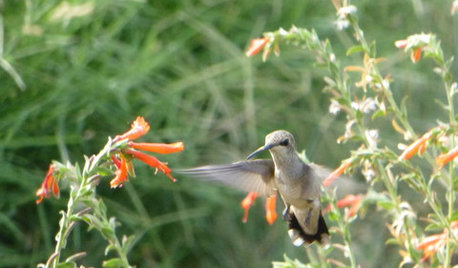
GARDENING GUIDESSweet Serendipity: Opening to Happy Garden Discoveries
Unplanned nature scenes can be unbelievably beautiful; you just need to know how to look
Full Story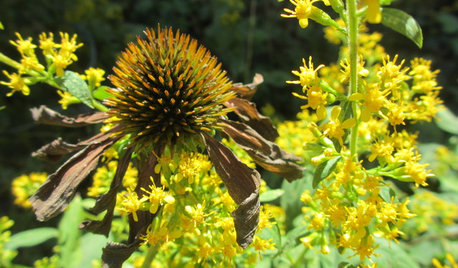
FALL GARDENINGReflecting on a Gardening Year
Mistakes and successes, surprises and comforts. The garden helps us grow in new ways every year
Full Story
ARCHITECTUREWhat the Future Holds for 3D Printing in Architecture and Design
Designers worldwide are creating 3D-printed buildings, furnishings and materials. Will we be seeing this trend in our homes?
Full StoryMore Discussions







pixie_lou
flynnmyOriginal Author
Related Professionals
Holly Springs Landscape Architects & Landscape Designers · Forest Acres Landscape Architects & Landscape Designers · Rancho Palos Verdes Landscape Architects & Landscape Designers · Edmond Landscape Contractors · Goodyear Landscape Contractors · Beachwood Landscape Contractors · Cupertino Landscape Contractors · Desert Hot Springs Landscape Contractors · Downey Landscape Contractors · Holtsville Landscape Contractors · San Antonio Landscape Contractors · Washington Landscape Contractors · Bainbridge Island Decks, Patios & Outdoor Enclosures · Boston Decks, Patios & Outdoor Enclosures · Springfield Decks, Patios & Outdoor Enclosuresdiggerdee zone 6 CT
bill_ri_z6b
terrene
flynnmyOriginal Author
pixie_lou
terrene